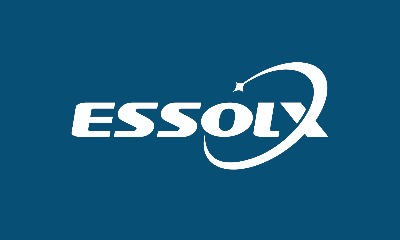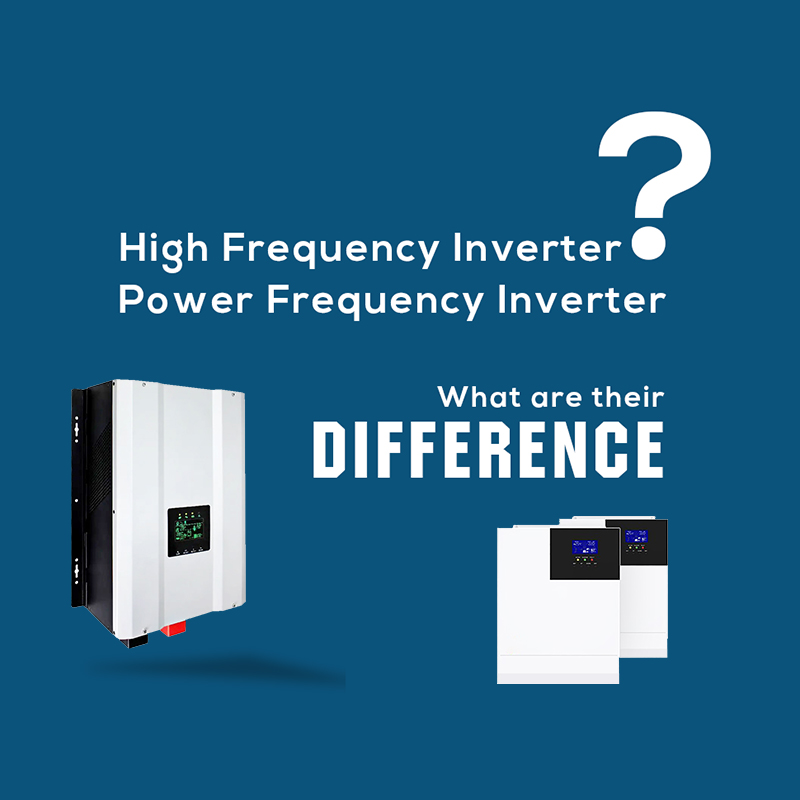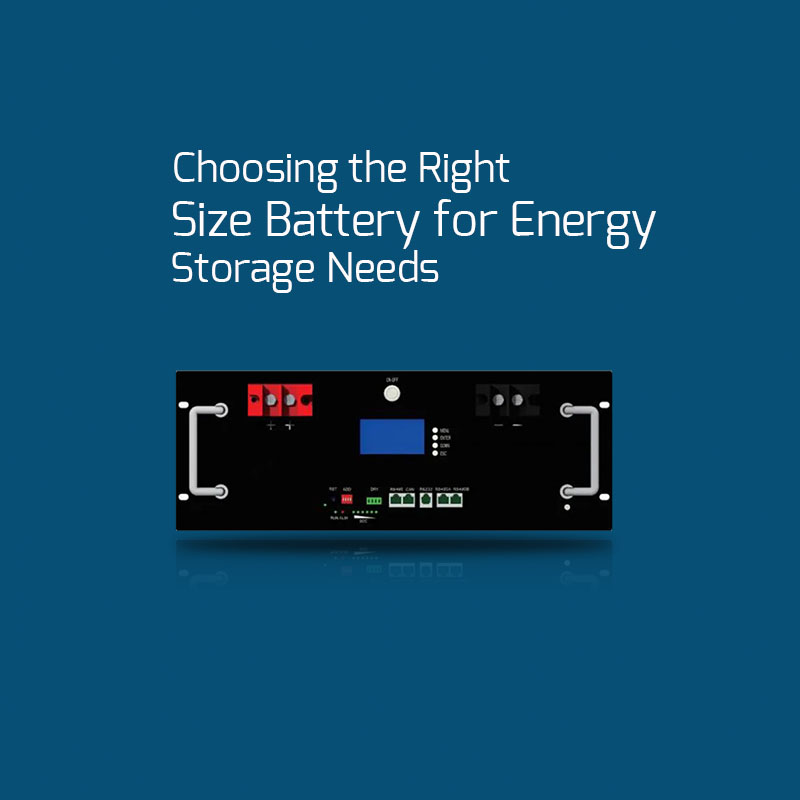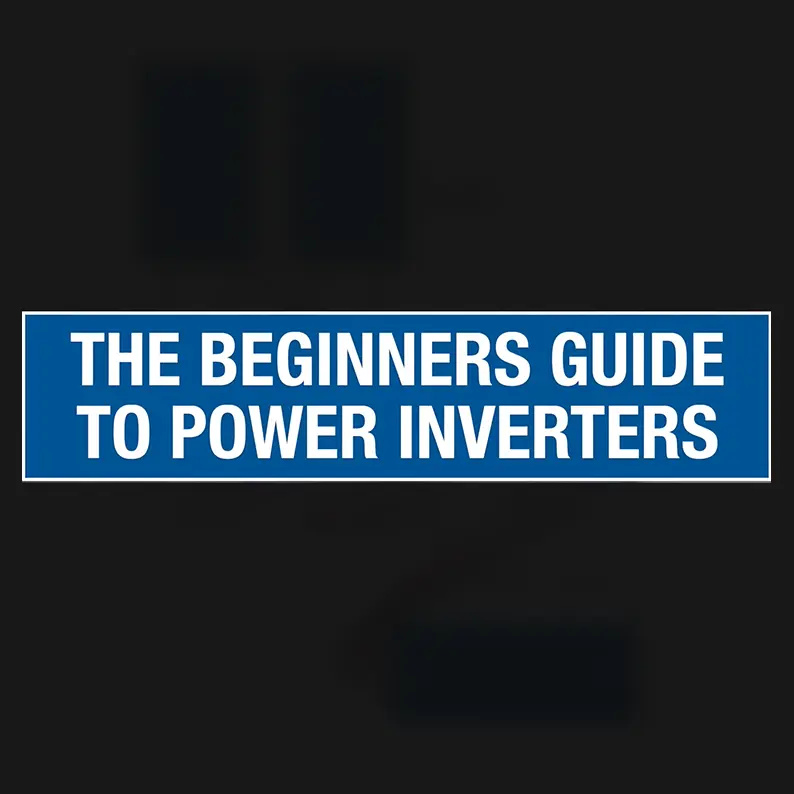Get Started with Basic Knowledge of Inverters: A Beginner's Guide
Looking to get started with basic knowledge of inverters? Our beginner's guide has everything you need to know to make an informed purchase.
1. What is an Inverter?
An inverter is an electronic device that transforms direct current (DC) into alternating current (AC). This transformation allows the use of DC power sources, such as batteries or solar panels, to power devices that require AC power.
Sine Wave Inverter: Produces a smooth and continuous waveform similar to utility-supplied electricity. Ideal for sensitive electronics.
Pure Sine Wave Inverter: Generates a clean and consistent sine wave, suitable for high-end electronics.
Square Wave Inverter: Produces a square waveform, less expensive but may not be suitable for all devices.
Modified Sine Wave Inverter: A compromise between square wave and pure sine wave, more affordable but may not work with all appliances.
3. Working Methods:
Power Frequency Inverter: Operates at the standard power frequency (e.g., 50Hz or 60Hz).
High-Frequency Inverter: Operates at a higher frequency, often resulting in a smaller and lighter design.
4. Output Voltages:
Single-Phase Output: Common household voltages like 110VAC, 120VAC, 220VAC, 230VAC, 240VAC.
Split Phase or Two-Phase Output: Examples include 110/220VAC, 120VAC/240VAC.
Three-Phase Output: Found in industrial settings with voltages like 220VAC, 240VAC, 380VAC, 400VAC, 415VAC, and 440VAC.
5. Conventional DC Voltages:
Common DC input voltages include 12VDC, 24VDC, 48VDC, 96VDC, 120VDC, 192VDC, 240VDC, 360VDC, 384VDC.
6. Considerations for Choosing an Inverter:
Power Rating: Ensure the inverter's maximum output power meets your needs.
Efficiency: Look for higher efficiency to minimize energy loss during the conversion process.
Applications: Consider where you'll use the inverter – whether it's for a solar power system, backup power, or other applications.
7. Applications of Inverters:
Inverters are used in various settings, including:
Residential solar power systems
Emergency backup power for homes and businesses
RVs, boats, and other mobile applications
Industrial settings requiring three-phase power
Understanding these basic concepts will help you make informed decisions when choosing an inverter for your specific needs. Whether you're looking to power your home with solar energy or need a reliable backup power source, the right inverter is essential for a seamless electrical experience.













